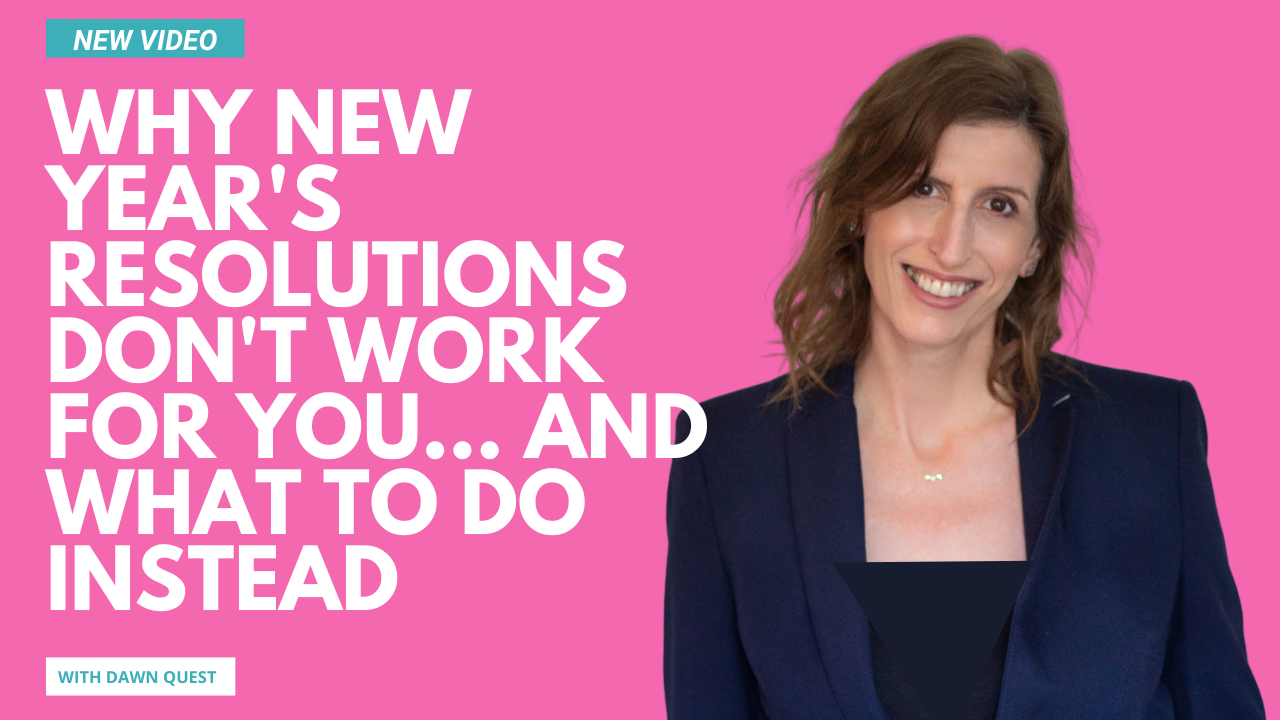“When someone constantly criticises it often tells you more about the psychology of the criticiser than the person he or she is criticising. Knowing this is the first step to protecting yourself from the onslaught”
Worrying new evidence suggests that being constantly criticised can send people to an early grave. That’s according to a recent study published in scientific journal Health Psychology.
Professor Jamila Bookwala’s team at Lafayette College, Pennsylvania, analysed data from 1,734 men and women* who had been interviewed for the National Social Life, Health and Ageing Project. When revisiting the survey participants five years later, they found that those who reported higher levels of being criticised in their partnerships were more than twice as likely to be dead than those who were criticised the least. (Some 44% of people who said they were criticised often by their partners were found to have died when researchers returned five years later.)
When you’re on the receiving end of constant criticism
If you’ve been criticised – and frankly, who hasn’t experienced it at some point in their lives? – you’ll know exactly how deeply hurtful it can feel. If you pay attention to the physical responses in your body when you’re being criticised, you’ll more than likely notice your heart rate increase, your chest become tight, maybe you’ll clench your fists. You may experience a feeling of nausea or a sudden blinding headache.
Your body responds in much the same way it does to a physical threat – it releases stress hormones as part of the flight, fight or freeze response.
According to Professor Bookwala, frequent criticism can put damaging stress on the body, and the effect is the same regardless of gender and independent of factors such as whether a person has other close friends or family. This is because criticism is a type of chronic interpersonal stressor, and “just like other chronic stressors, can have a cumulative and enduring negative impact on not only health and wellbeing – morbidity – but also mortality”.
No one likes to be criticised. But there are degrees of criticism. On one end of the spectrum there’s “constructive criticism” which is supposed to be helpful but can still require a deep inhale of breath to listen to without responding in kind. Then there’s the other extreme: personal criticism which attacks the fundamentals of who you are, and because of this can be deeply wounding. This kind of criticism:
* Is based on the person being wrong, rather than their behaviour
* Is about blame
* Is not about helping to improve a situation
* Is about there being only one right way of doing things
* Makes the person feel humiliated, small or feel badly about themselves on a fundamental level.
What to do if you face constant criticism
The first thing to bear in mind is that when someone makes a habit of criticising you, it often tells you more about the psychology of the criticiser than the person he or she is criticising. Knowing this is the first step to protecting yourself from the onslaught.
Step two is recognising what is known as the Looping Thought pattern that results when being criticised is a trigger. Criticism hurts because ultimately the person doing the criticising is telling you that in some way you’re not good enough. Some words of criticism hurt more than others and this depends on where “the old wounds are”.
Triggers are evidence of old emotional wounds that haven’t yet healed. For example, if someone was obese as a child and was made fun of because of it, being called fat even in adult life will trigger that old wound, even if the adult has gone on to successfully achieve a healthy weight. Some criticisms trigger off these old Looping Thought Patterns more than others and have nothing to do with the present day situation.
The key here is to change your response to the criticism. You can read more about changing your response to old Looping Thoughts in the article Choose Your Response: Keeping Calm in Anxious Times
Fundamentally, when I work with a client who is in a relationship with someone who criticises them all the time (be it a partner, boss, friend or family member), it’s about getting to the root belief of feeling “not good enough”. And this root belief is often created in childhood because of experiences or situations where a child felt bad about themselves in some way, guilty, unloved, or different to other children.
“If criticism is someone telling you you’re not good enough, accepting their criticism is saying – Yes, you’re right.” – Dawn Quest
By changing that root belief, it makes it impossible for someone to allow criticism to affect them in quite the same way as it did before.
At the same time I embed a visualisation exercise into their hypnosis recording which is about creating a Shield to protect themselves from criticism or rejection.
We can’t control whether people criticise us or reject us or not but we can control whether we let that affect us. So I tell my clients to imagine they’re wearing a suit of armour made from industrial strength rubber, and to imagine any hurtful words or criticisms as flimsy arrows bouncing off them, right back at the person doing the criticising. In effect they become impenetrable and criticism loses its power.
Using imagery and visualisation in hypnosis in this way is a powerful technique to build emotional resilience.
Have you been told you’re too critical?
When accused of being too critical, criticisers will often defend themselves by accusing the other person of “being too sensitive”.
Criticisers also say they’re “just being honest” and are “providing feedback” without realising that honesty without tact is actually cruelty, and very hard to be on the receiving end of.
If you’ve been told you’re too critical then the likelihood is you are – sorry, that may be hard to hear.
Fundamentally you may be wrestling with your own feelings of not being good enough. Studies show that children who grow up being constantly criticised often become criticisers themselves. Is this true of you? Were you criticised a lot as a child? Is it time to look at those old wounds and see what can be done to heal them and in essence feel that you too are good enough just as you are?
In his article for Psychology Today – One thing that will ruin a perfectly good relationship – author Steven Stosny, Ph.D defines the difference between criticism and feedback. Criticism focuses on what’s wrong with the other person, feedback is about finding ways to improve a situation. Criticism implies the worst about the other person (You’re stubborn. You’re lazy). Feedback is about the behaviour (how can we sort out what’s going on here). Criticism devalues, feedback motivates and energises.
So if you often say you’re providing feedback but you’re accused of criticising, take a step back and look to see how your words may be rephrased in a more positive way – or even if they need to be said at all!
Talking about how you feel with the person who is criticising you can be the first step to healing any rifts, but oftentimes, criticisers find it very hard to hear even the most neutral of conversations, often turning it and saying they’re the ones being criticised (without noticing the irony!).
However, if talking doesn’t work, for those who are being constantly criticised – know that you do not need to stay in a relationship where you feel devalued or belittled.
And for those who criticise – Professor Bookwala says: “Put simply: stop criticising your partner – it can negatively impact their health and how long they’ll live.”
______
*All were aged between 57 and 85, with an average age of 68, and 90 per cent were married. The rest were living together or in an otherwise intimate relationship.






